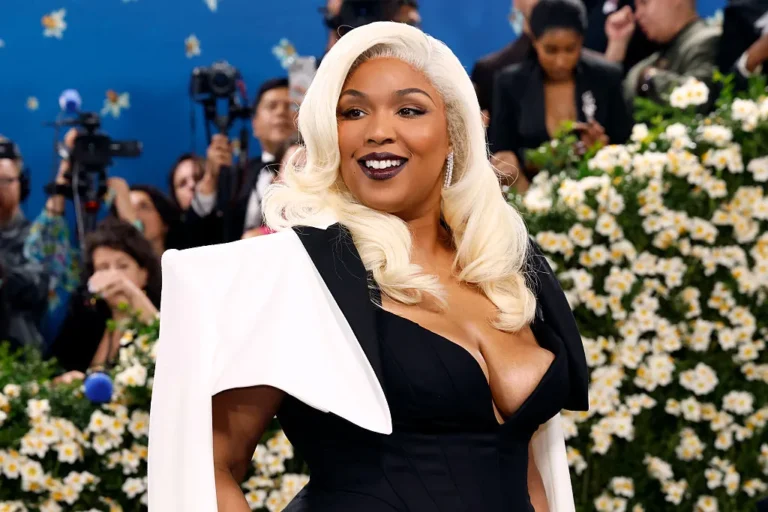Grammy-winning singer Lizzo recently sat down with comedian and talk show host Ziwe for a candid conversation about how fame has impacted her personal relationships and worldview. In the emotional interview, Lizzo revealed that navigating friendships has become increasingly difficult since she rose to stardom.
“I used to have so many friends,” Lizzo shared. “But when you get famous, it gets really weird. Everyone makes it weird for famous people. I’m still a normal person… You’re still you. Everything around you changes. It’s heartbreaking.”
She added that being rich and being famous are two very different experiences. “Rich and famous are not the same thing,” she explained. “If you’re an artist, do your art. But don’t just be famous. You can’t leave. It never ends.”
The “Truth Hurts” hitmaker opened up about the emotional toll of stardom and how fame can isolate artists who once thrived in vibrant social circles. Her vulnerability has resonated with fans, many of whom applauded her honesty about mental health and loneliness in the entertainment industry.
Lizzo Sparks Online Debate With Comments About the Bible
In addition to addressing the emotional weight of fame, Lizzo also stirred online debate with her controversial remarks about the Bible during a fan Q&A. The pop star called the Bible a “historical document” that lacks full factual accuracy, igniting both criticism and praise across social media platforms.
“The Bible is a historical document, but it’s lacking factual accuracy in many ways,” she said. “To me, it’s a collection of stories and moral lessons. I don’t see it as literal truth, but more as spiritual guidance.”
Lizzo clarified that her stance was not meant to dismiss faith but to offer a personal interpretation. She emphasized that the Bible still holds cultural and ethical significance, influencing law, literature, and values in Western society.
Her perspective mirrors a broader shift among younger generations of artists who are redefining their relationship with religion. Figures like Kanye West and Kendrick Lamar have also blurred the lines between faith, culture, and art—each offering their own critiques and interpretations.
While Lizzo’s views may not align with traditional religious teachings, they reflect the complex and evolving dialogue around spirituality, truth, and identity in today’s world.








